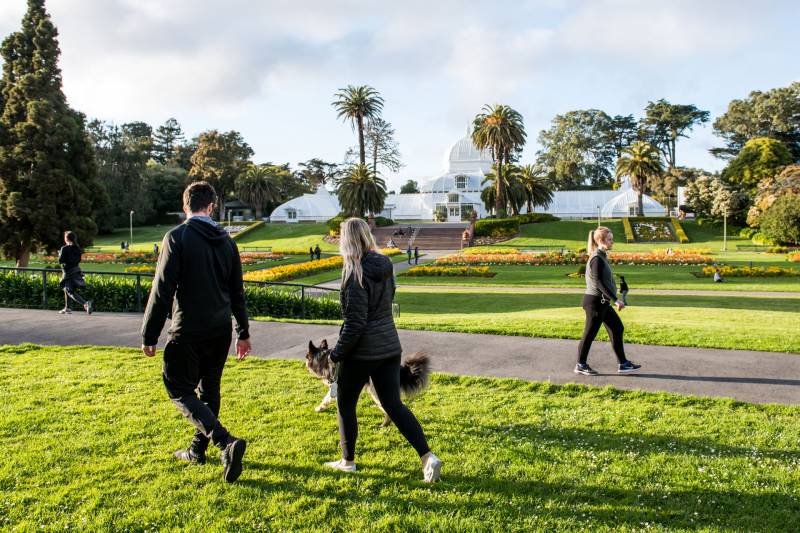Gov. Gavin Newsom opened his daily briefing Tuesday on the status of the coronavirus pandemic in California a bit differently than normal: With a mantra he says his mother used to repeat.
“She said, ‘Stand guard at the door of your mind,'” Newsom said.
“Honestly, it took me a decade-plus to figure out what she was ultimately saying. But she was focused on, more than anything else, our capacity to be resilient and to meet challenges head-on, our capacity as human beings to refocus our energies, a sense of purpose, and a sense of optimism and faith that will get through times of challenges — times like today.”

